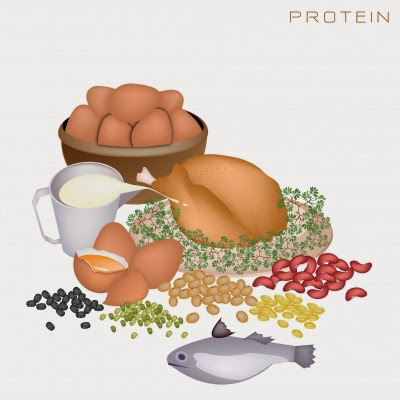Is it possible to reverse and "cure" chronic kidney disease? How do you treat chronic kidney disease?
BACKGROUND It is estimated that more than 20 million Americans may have chronic kidney disease (CKD). That means roughly 1 in 15 Americans. Subjectively speaking, and for some reason, the rate seems to be even higher where I practice (Bradenton / Sarasota, Florida), but that could be related to the older aged population here. Whether you could "cure" CKD would depend on the cause of kidney disease . Quite often, the cause happens to be a chronic disease that can only be "controlled" (like diabetes or hypertension), but not technically cured. And so is the case with CKD. That is, you can usually not cure and get rid of CKD, but you should be able to control the worsening of your CKD and prevent the fall in your GFR. I have discussed in my previous posts about how physicians measure your kidneys' function and the concept of GFR. You may want to take a look at the picture of the " GFR meter " again wherein I had mentioned that the needl...





